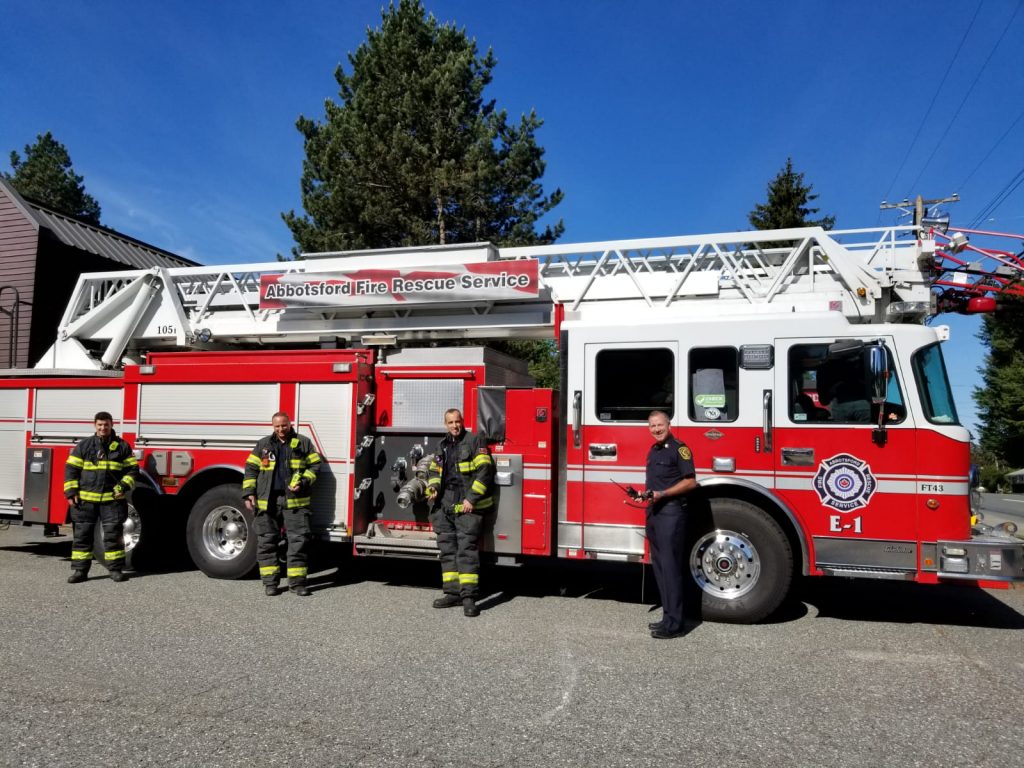MEDIA ADVISORY: E-Comm receives an influx of 9-1-1 calls related to COVID-19
Vancouver, B.C – E-Comm continues to see an influx of calls related to COVID-19, particularly over the weekends, as many callers look to report house parties, their neighbours having guests or concerns about businesses not adhering to public health orders such as restaurants serving alcohol past 10 pm. It’s important to remember that these calls do not belong on 9-1-1 as they tie up important resources from people who may be experiencing life or death emergencies. Instead of dialing 9-1-1, callers looking to report concerns related to COVID restrictions should reach out to their local bylaw office or call their local police non-emergency number, if their bylaw office is unavailable. In Vancouver, you can make these reports by calling 3-1-1 or using the VanConnect app. A list of police and fire non-emergency numbers in B.C. is available at nonemergency.ca
Unfortunately, we are also seeing more callers taking out their frustrations on our staff. Our call takers need to help first responders determine if there are any COVID-related risks to them or to the caller before the first responders arrive on scene – this means call takers may need to ask some additional questions about the situation at hand. We understand that people are feeling anxious and stressed out, but we ask everyone to try to recognize that the voices you hear on the other end of the phone are your friends, your family members, your neighbours, and they are doing everything they can to get you help as quickly as possible.
About E-Comm
E-Comm is the first point of contact for 9-1-1 callers in 25 regional districts in British Columbia and provides dispatch services for more than 70 police agencies and fire departments. E‐Comm also owns and operates the largest multi‐jurisdictional, tri‐service, wide‐area radio network in the province used by police, fire and ambulance personnel throughout Metro Vancouver and parts of the Fraser Valley. In 2019, E-Comm received more than 1.84 million 9-1-1 calls in B.C. and answered 97 per cent of those calls in five seconds or less.
-30-
Media Contact


